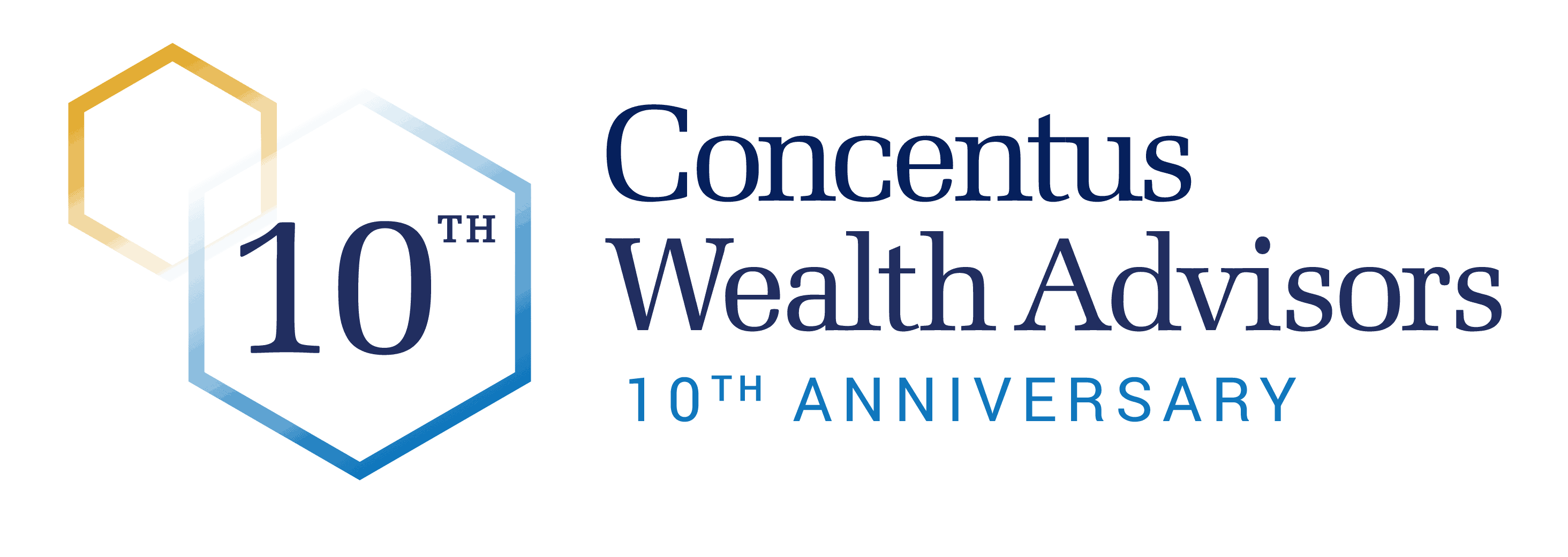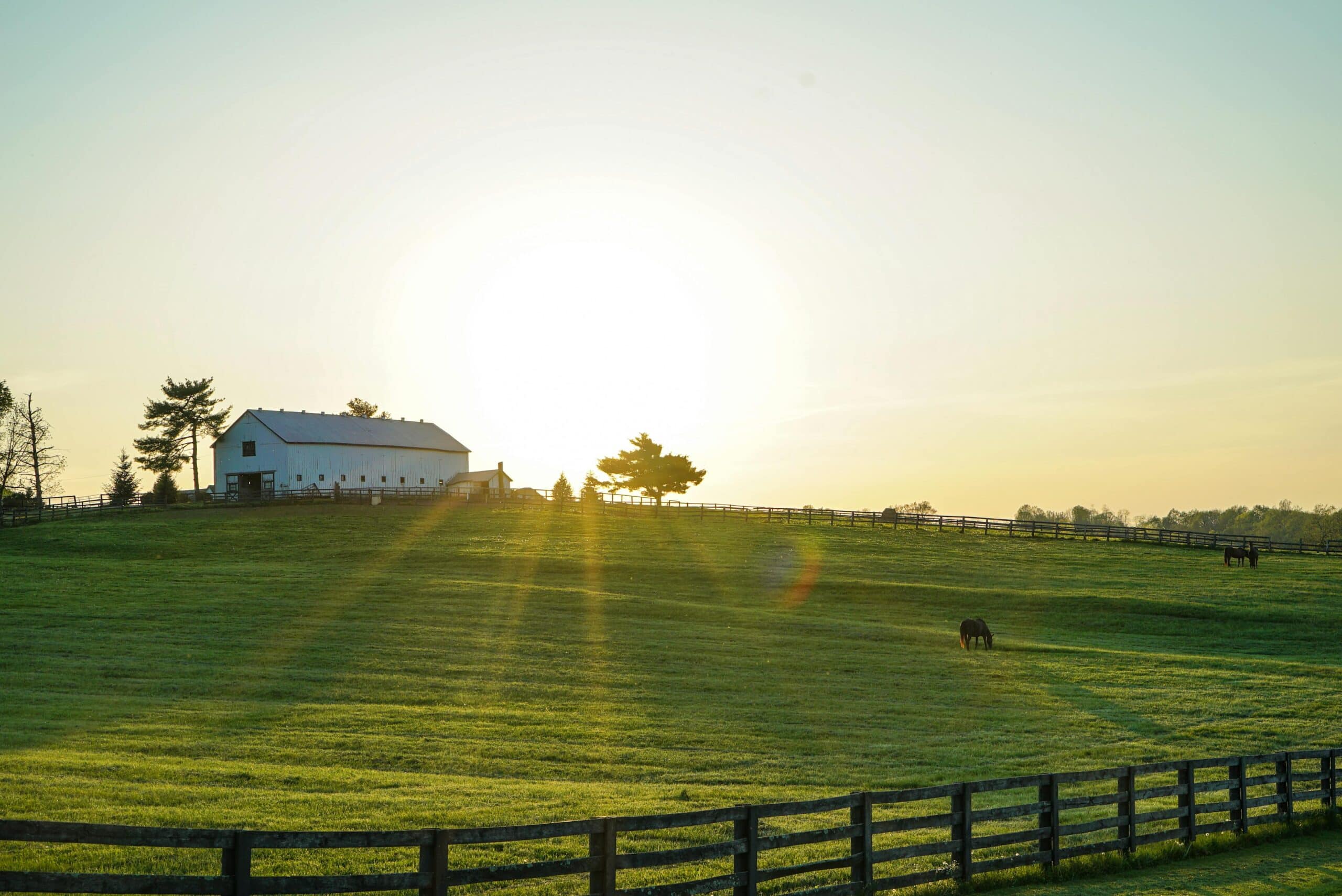One of the most challenging elements of investing is staying even keeled through the ups and downs of the markets. At Concentus, we love to share with investors a story that’s more than 2,000 years old from the Taoist tradition but as relevant as ever for today’s investors.
The Zen Farmer
There once was an old Zen farmer. Every day, the farmer used his horse to help work his fields and keep his farm healthy. One day, the horse ran away. All the villagers came by and said, “We’re so sorry to hear this. This is such bad luck.”
But the farmer responded, “Bad luck. Good luck … We’ll see.”
The villagers were confused but decided to ignore him. A few weeks went by and then one afternoon, while the farmer was working outside, he looked up and saw his horse running toward him. But the horse was not alone. The horse was returning to him with a whole herd of horses. Now the farmer had 10 horses to help work his fields.
All the villagers came by to congratulate the farmer and said, “Wow! This is such good luck!”
But the farmer responded, “Good luck. Bad luck … We’ll see.”
A few weeks later, the farmer’s son came over to visit and help his father work on the farm. While trying to tame one of the horses, the farmer’s son fell and broke his leg.
The villagers came by to commiserate and said, “How awful. This is such bad luck.”
Just as he did the first time, the farmer responded, “Bad luck. Good luck … We’ll see.”
So, what does that mean for investors in 2024?
We often try to control the events of our lives by deciding what’s good and what’s bad, doing everything in our power to steer things toward the outcomes we prefer. When life goes our way, we’re over the moon. But when things take an unexpected turn, we’re quick to label it as bad luck and might even blame others.
But the reality is, we don’t always know what’s truly good luck or bad luck. What seems like a stroke of bad luck today could set the stage for something beneficial down the road. And conversely, something that feels like a victory at the moment might lead to challenges we couldn’t foresee. This uncertainty is at the heart of the Zen Farmer story, which is a great reminder about the importance of equanimity —finding balance and staying calm in the face of life’s ups and downs.
In the story, the farmer refuses to get caught up in the villagers’ emotional reactions to events, whether they consider them good or bad. Each time, his response is the same: “Good luck, bad luck … we’ll see.” This isn’t just a clever quip — it’s a powerful philosophy for how to approach life with calm and acceptance rather than riding the emotional rollercoaster of every high and low.
This mindset can be incredibly useful in many areas of life, but especially in how we approach investing and wealth management. Think about it — every day, we’re bombarded with headlines about the market. One day, things are looking up, and you’re encouraged to pour more money in. The next day, it’s all doom and gloom, and the temptation is to sell everything and retreat. The problem with reacting emotionally is that it leads to impulsive decisions that rarely pay off in the long run.
The Zen Farmer’s approach would be to take a step back, acknowledge the fluctuations, but not be swayed by them. The stock market, much like life, is full of ups and downs, but history has shown that patient, steady investors are the ones who reap the greatest rewards over time. For instance, an investment of $100 in the S&P 500 back in 1946 would be worth over $20,000 today — an incredible return, not from trying to time the market but from simply staying the course through good and bad markets.
Just like the farmer’s story, the key is to recognize that “bad luck” today could be laying the groundwork for future success. And while we can’t predict what will happen next, we can control our reaction to it. By embracing equanimity and resisting the urge to react emotionally, we give ourselves the best chance of long-term success — not just in investing but in all areas of life.
So, the next time something happens that seems like “bad luck,” remember the Zen Farmer. Things are constantly shifting, and sometimes, the outcome isn’t what we expect. Good luck, bad luck … we’ll see.
If you’d like to discuss the Zen Farmer, your portfolio, or both, reach out to Concentus!
About VALUABLES
Many financial advisors focus on communicating with clients to provide complex analysis of the investment markets and economies. However, we have learned that most clients are not particularly interested in this complex analysis. Most clients hire an advisor for their knowledge of the markets, not for their ability to explain that knowledge. Most want to know what time it is, not how to build a watch.
Experience has taught us that wealthy families care most about using their wealth as a means to a desirable end, which is to achieve a more satisfying, fulfilled and impactful life, and to fulfill their most important Life Values.
VALUABLES is a periodic article series focused on the concepts, systems, and habits which we have observed among families who have been successful in this quest to use their wealth as a tool to live a life of significance. The most successful families share a set of habits, systems, and insights which enable them to use their wealth as a tool to fulfill their Values and what is most important to them.
We named this article series VALUABLES, because it provides an exploration of those habits, systems, and insights. We hope it will help you to consider your assets and possessions which are most valuable to you, and how you can use your financial wealth to enhance and cultivate your true “Valuables”.


Leave A Comment